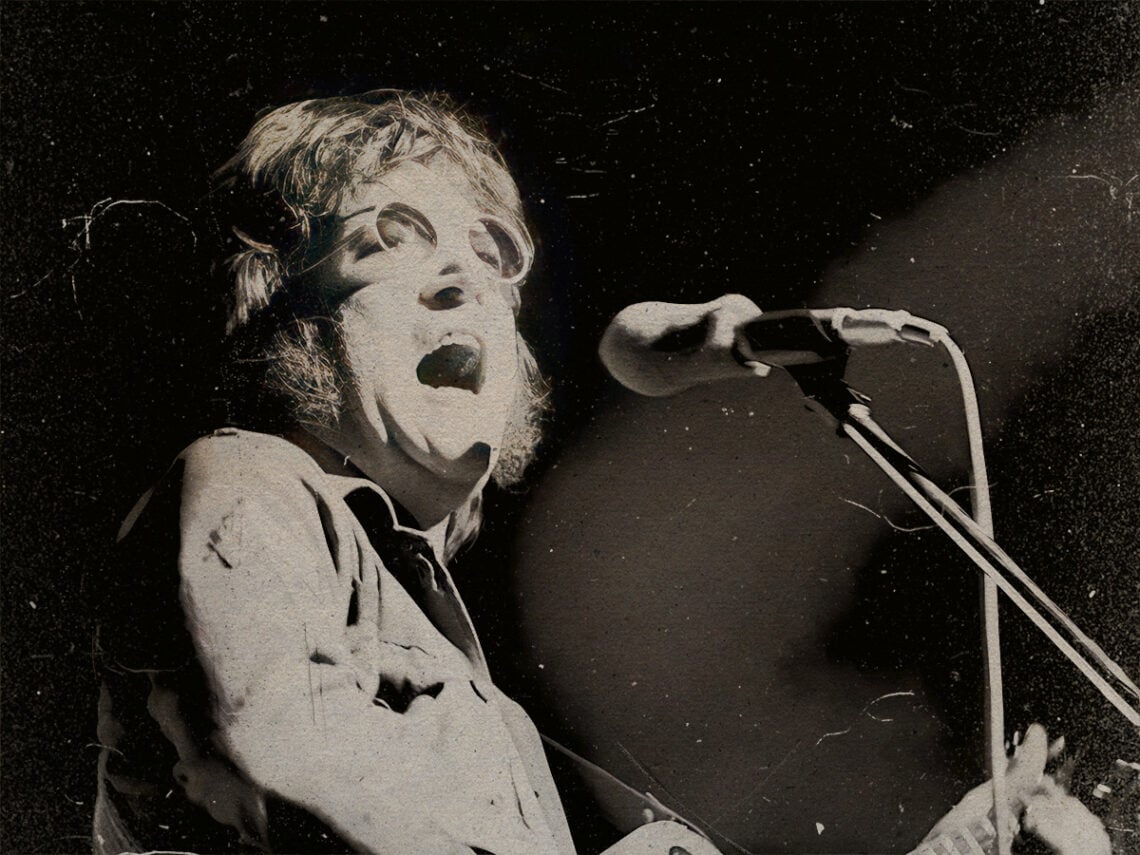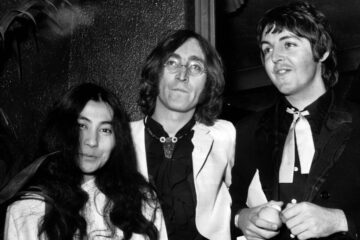The fallout of The Beatles was never going to be pretty. As much as they may have professed time after time that all we needed was love, there would be a lot of trouble coming their way in the next few years. This included vicious business deals that left them in financial straits when they left their old outfit behind. Even though most of the band departed with a bitter taste in their world, not many were as cutthroat as John Lennon.
Talking about the mismanagement at their label, Apple, and beyond, Lennon didn’t mince words about how much he didn’t like working with the other members during their final months together. Although the group would eventually come together to record masterpieces like Abbey Road, Lennon saved most of his musical vitriol when he decided to swing at his old bandmates in song.
Throughout his solo career, Lennon would create tracks openly intended to mock his old outfit, whether by reusing different guitar riffs or calling songs out by name that didn’t fit their usual aesthetic. Lennon didn’t just use his work, either, openly stating in interviews that he hated a handful of Beatles pieces that he played a significant part in.
Despite great music, two of Lennon’s cornerstone gems came with baggage. For all of the classic songs he had left to create, these two tracks marked the moment when Lennon drew a line in the sand and ended the Fab Four fantasy for good. Although he may have been preaching about the importance of peace around the same time, Lennon was willing to be honest from his first solo album.
John Lennon’s bitter songs:
‘God’
Across Plastic Ono Band, Lennon was looking to expunge his demons in whatever way he knew how. After undergoing aggressive primal therapy, Lennon learned that the best way to deal with his grief was to let it out, which resulted in songs that felt like they were pulled from the frailest corners of his mind. While Lennon may have directed his negative energy towards his absentee parents and even the corrupt justice system, his most scathing indictment came when he took on his old band on ‘God’.
When discussing the different ways people view religion, Lennon talks about not believing in any spiritual deity that comes his way, from calling out Buddha to Hare Krishna. As he gets to the end of his rant, Lennon starts calling out names of different artists before boldly declaring, “I don’t believe in Beatles/ I just believe in me”.
While the track left most listeners stunned, Lennon meant every word of what he said, looking to make music that reflected him instead of having to relive the same fantasy that everyone expected out of him as one of the lovable moptops. After years of playing to his strengths as a straight-ahead rock and roller, this was the sound of Lennon giving up his Beatles credentials and moving on to greater things.
‘How Do You Sleep’
If Plastic Ono Band was Lennon’s attempt at making a more artistic statement, Imagine was the more commercial answer to his pain. While Lennon still held on to the same beliefs, he delivered the album with a more refined production, turning anthems like ‘Imagine’ and ‘Gimme Some Truth’ into some of the most celebrated pieces of his solo discography. Even though his Beatles years were slowly drifting away, Lennon had some choice words for his former writing partner, Paul McCartney.
Towards the end of the record, ‘How Do You Sleep’ was one long diss track from Lennon to bandmate, tearing him to shreds using his own song titles. Having gone through various business dealings against each other and Lennon getting pissed off at Macca due to the lyrics of ‘Too Many People’ off of RAM, Lennon pulled none of his punches, remarking that the only thing worthwhile that McCartney ever made was ‘Yesterday’.
Despite the massive slams towards McCartney, Lennon would reel back on the track’s actual intentions in interviews, thinking that he was attacking himself just as much as he was attacking McCartney. Even though The Beatles were known as some of the most down-to-earth musicians the world had ever known, ‘How Do You Sleep’ was proof that not everything was what it seemed when the music stopped.



